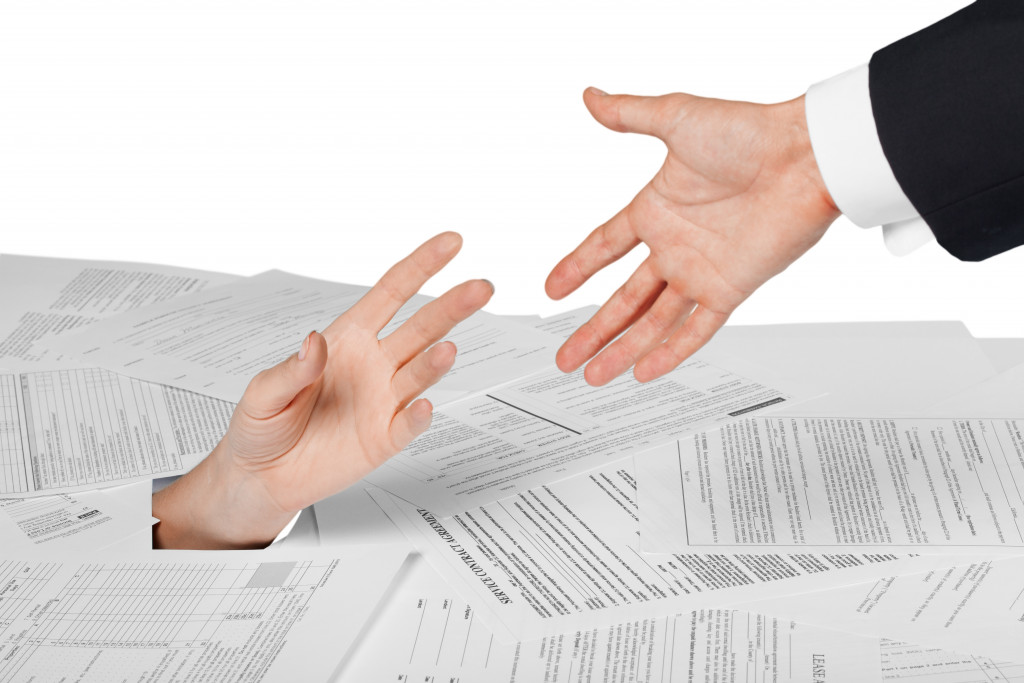As a business owner, you are always looking for ways to cut costs and improve your bottom line. One way to do this is to reduce your tax liability. While you may not be able to eliminate your taxes, there are some strategies you can use to minimize your tax bill. Here are a few different ways your business can save on taxes.
1. Take advantage of tax breaks.
Several tax breaks are available to businesses, including deductions for business expenses and the cost of goods sold. Take advantage of all the deductions you are entitled to lower your tax bill. You can also save on taxes by taking advantage of tax credits, which can save you even more money.
Some states offer additional tax breaks for businesses, so be sure to research the laws in your state. You may save even more money by taking advantage of these tax breaks. Just be sure to speak with an accountant or tax professional to ensure you take advantage of all the deductions and credits available.

2. Take full advantage of deductions and allowances.
Many businesses are eligible for deductions and allowances, which can reduce their taxable income. Common deductions include home office expenses, travel expenses, and employee benefit costs. These deductions can lower your taxable income and reduce the amount you owe in taxes. They can also save you money in the long run by reducing your taxable income and allowing you to keep more of the money that you make.
Allowances can also help reduce your taxable income. For one, capital allowances are tax deductions businesses can use to reduce their income tax liability. Speak with capital allowance specialists to learn more about available allowances and how they can benefit your business. They can help you maximize the allowances available and reduce your tax bill.
3. Defer income.
Another way to save on taxes is to defer income. This means postponing the recognition of income until a later date. You can do this by delaying invoicing or extending the terms of payment. By deferring income, you can lower your taxable income for the year, leading to significant savings on your taxes.
But remember that you must pay taxes on the income eventually, so be sure to consider this when deciding whether to defer income. Never defer income if it will put you in a higher tax bracket when the taxes are due. You may want to speak with a tax professional to determine if deferring income is right for your business.
4. Invest in tax-advantaged accounts.
Several investment accounts offer tax advantages, such as 401(k)s and IRAs. Investing in these accounts can lower your taxable income and enjoy other benefits, such as compound interest and tax-deferred growth. You can also set up a Health Savings Account (HSA) to save on taxes. HSAs are tax-free savings accounts that you can use to pay for medical expenses.
You should speak with a financial advisor to learn more about tax-advantaged accounts and how they can benefit your business. Don’t forget to take advantage of any employer match contributions, which can help you save even more on taxes. If your business offers a 401(k) plan, ensure you take full advantage of it.
5. Use tax-efficient strategies.
Finally, you can use various tax-efficient strategies to make your business more tax efficient. For example, you can bunch deductions into alternate years to maximize their value or time capital gains and losses to offset each other. Using these strategies, you can minimize your taxes and keep more money in your pocket. And you can use tax-loss harvesting to offset your capital gains and reduce your taxable income even further.
But not every strategy will work for every business, so be sure to research and speak with a tax professional before implementing any tax strategies. You may also want to consult a financial advisor who can help you create a comprehensive plan for reducing your taxes. If done correctly, these strategies can help your business save big on its tax bill.
As a business owner, it is essential to be mindful of your tax liability. You can save on taxes in several ways, including taking advantage of deductions and credits, deferring income, investing in tax-advantaged accounts, and using tax-efficient strategies. Utilizing these strategies can minimize your taxes and keep more money in your pocket. Just be sure to speak with a tax professional or financial advisor before implementing any of these strategies to avoid any complications or penalties. With the right plan in place, you can significantly reduce your taxes and ensure that your business is as tax efficient as possible.
